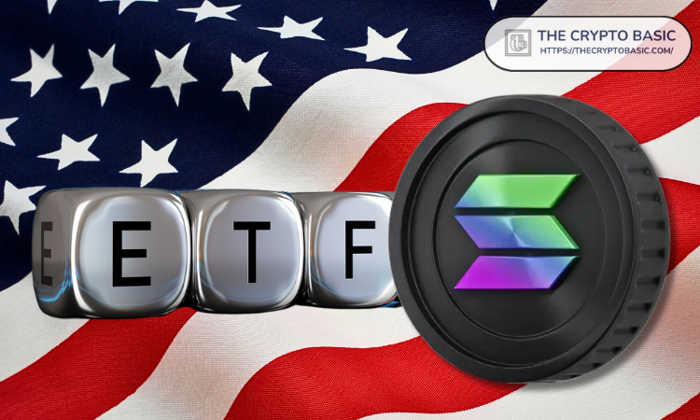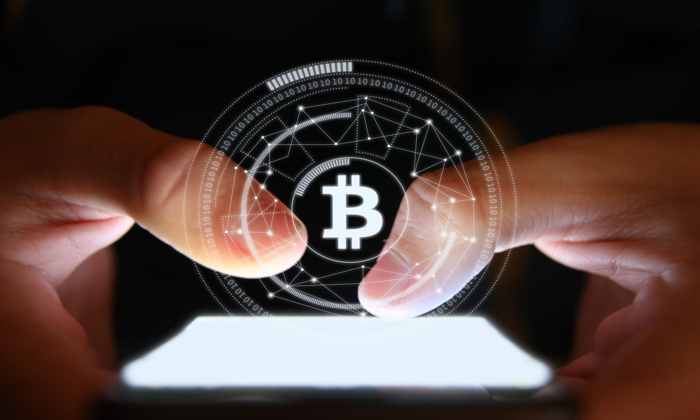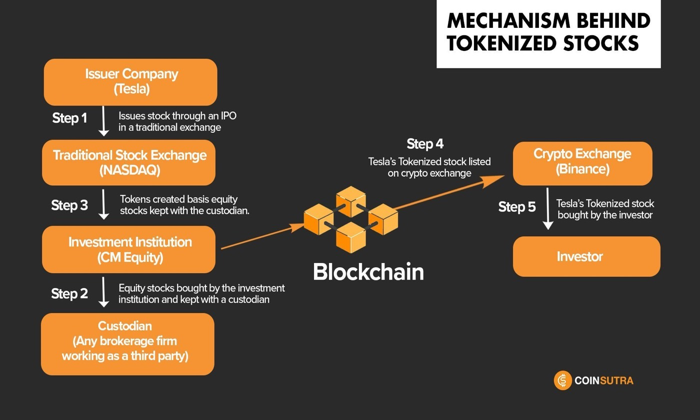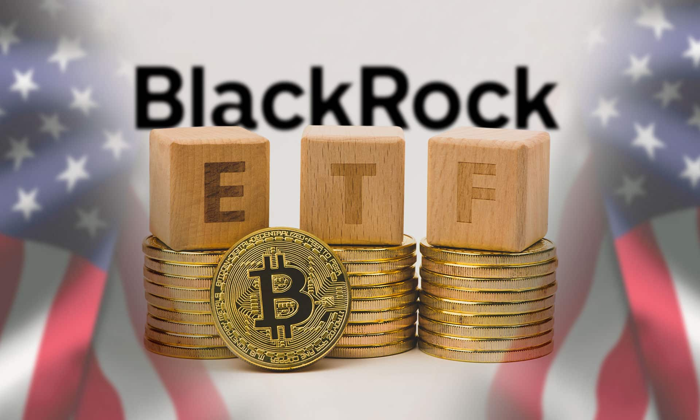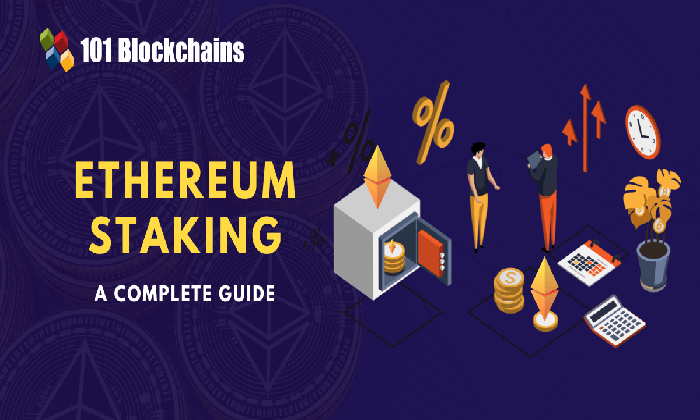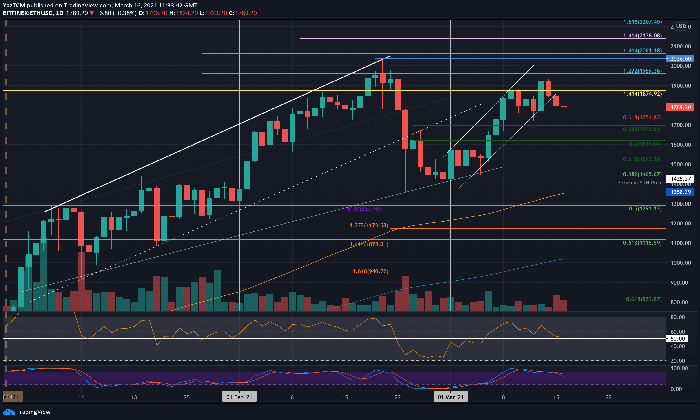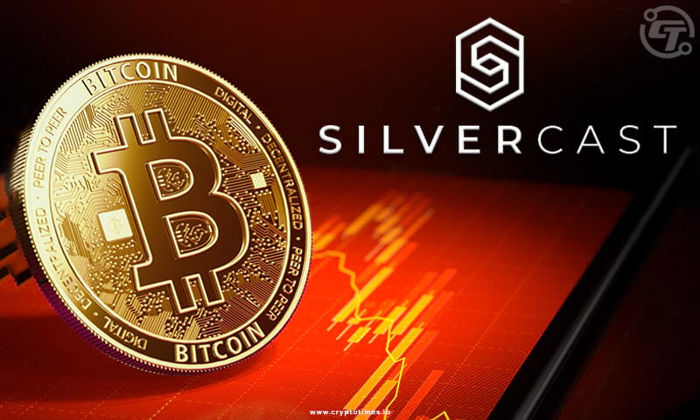In the ongoing debate of Bitcoin vs Gold, investors are increasingly evaluating the merits of both assets as they navigate the complexities of modern investment landscapes. With gold prices on the rise, Bitcoin investment has garnered attention due to its burgeoning community and the promise of high returns. Unlike traditional precious metals, Bitcoin presents unique advantages such as easier accessibility and self-custody options that appeal to a new generation of investors. Yet, the allure of gold, a time-honored store of value, raises questions about its relative stability compared to the volatility of cryptocurrency. This juxtaposition of cryptocurrency vs gold not only highlights differing philosophies on wealth preservation but also challenges investors to reassess their strategies in investing in precious metals and digital currencies.
When considering the dynamics between digital currencies and traditional commodities, the discussion often shifts from Bitcoin vs Gold to a broader examination of assets and their investment potential. Both physical gold and the groundbreaking Bitcoin represent two contrasting approaches to wealth accumulation and security. As the financial world embraces the digital revolution, cryptocurrencies provide innovative methods for asset management and value storage, while precious metals like gold offer historical reliability cherished by many. Investors are presented with a fascinating scenario of navigating investments that range from hard assets with intrinsic value to the revolutionary possibilities of blockchain technology. This analysis serves as a springboard for understanding how modern and traditional investment paradigms coexist and compete in today’s economic landscape.
Understanding Bitcoin Investment
Investing in Bitcoin has become a focal point for many looking to diversify their portfolios. The appeal of Bitcoin investment lies in its potential for high returns and rapid growth when compared to traditional assets like gold. Bitcoin operates on a decentralized network, allowing for quicker transactions and greater accessibility, especially for tech-savvy investors. This contrasts sharply with the beloved but often more cumbersome process of acquiring gold, which can involve significant time and costs due to storage and insurance.
Moreover, the introduction of various financial instruments such as Bitcoin ETFs has made this cryptocurrency even more mainstream, attracting both institutional and retail investors. It provides a simplified process to enter the market without the complexities often associated with buying and holding physical gold. As Bitcoin continues to rise in popularity, many are exploring opportunities for long-term investment, looking beyond the immediate price fluctuations typical in the cryptocurrency market.
Challenges of Investing in Gold Prices
While gold continues to be regarded as a safe haven asset, investing in gold comes with its own set of challenges. One major issue is the volatility in gold prices, which can be swayed by market dynamics, economic reports, or geopolitical tensions. The associated costs of purchasing physical gold, including premiums and transportation, add an additional layer of complexity that investors must navigate. Unlike Bitcoin, which has reduced friction through digital ownership, gold often requires physical handling and storage.
Furthermore, the liquidity of gold can also be a concern for investors. Finding a buyer willing to pay a fair price for physical gold can be difficult during times of market fluctuation. Despite these challenges, many investors still prefer gold for its historical stability and intrinsic value. Educational efforts are necessary to bridge the knowledge gap for those considering investing in precious metals, especially in understanding market sentiment and evaluating fair pricing.
Cryptocurrency vs Gold: Investment Viability
The debate between cryptocurrency and gold centers on the question of investment viability. While gold has a long-standing history as a store of value, Bitcoin offers a new framework for financial transactions that many believe may redefine how value is preserved. Advocates for Bitcoin argue that it provides greater transparency and speed, especially through platforms that allow for immediate trading. In contrast, the physical nature of gold compels buyers to deal with potential concerns over authenticity and storage.
Both assets have their strengths, but Bitcoin’s unique proposition lies in its ability to operate 24/7 without the barriers typically imposed by traditional finance. This has led to increased discussions about how Bitcoin might serve as ‘digital gold,’ with investors seeing it as a more progressive investment option in today’s tech-driven world. Nevertheless, traditional gold advocates maintain that gold will always hold a certain tangible reliability that Bitcoin, as a digital currency, may never replicate.
Self-Custody Bitcoin Compared to Gold Storage
Self-custody Bitcoin is increasingly attracting attention for its unique appeal to investors. By allowing users to maintain control over their assets, self-custody wallets eliminate the need for third-party storage, which can often carry risks of theft or loss. However, this self-managed approach also presents challenges; investors must understand the complexities of managing private keys and ensuring the operational security of their wallets.
In contrast, when it comes to gold storage, the opaque factors surrounding the safety of physical assets can deter investors. Gold needs to be safely stored, often leading to additional costs associated with vault services or insurance. This complicates the buying process, suggesting that while Bitcoin offers potential ease through self-custody, the trade-off may be a steeper learning curve for those unfamiliar with digital assets.
Market Liquidity: Bitcoin vs Gold
Market liquidity is a crucial factor to consider when comparing Bitcoin and gold as investment options. Bitcoin has shown remarkable liquidity improvements, allowing for immediate transactions with relatively low costs associated with buying or selling. As cryptocurrency exchanges continue to evolve, they provide traders with quick access to funds, a stark contrast to the often cumbersome process of selling physical gold.
Conversely, gold’s liquidity has been historically lower; finding suitable buyers or sellers can take time, particularly in a fluctuating market. Additionally, the concerns over authenticity and valuation in gold transactions can create hurdles that Bitcoin does not face, drawing many investors toward the cryptocurrency as a more liquid option, especially in times of economic uncertainty.
The Debate: Which is the Better Long-term Investment?
The ongoing debate between Bitcoin and gold as long-term investments highlights the differing perspectives of various investor groups. Proponents of Bitcoin underscore its potential for explosive growth and innovation within the financial sector, suggesting it might outperform traditional assets like gold over the long term. They argue that Bitcoin’s finite supply and growing acceptance as a currency of the future bolsters its potential as a valuable store of wealth.
On the other hand, gold supporters maintain that gold’s historical resilience during economic downturns and its inherent value make it a safer buy for conservative investors. They emphasize that while Bitcoin offers exciting opportunities, its volatility poses significant risks, particularly for those who prioritize stability in their investment portfolios. As the discussion continues, both assets appear to hold unique attractions that cater to different investment strategies and risk tolerances.
Understanding the Learning Curve in Crypto Investments
Investing in Bitcoin or other cryptocurrencies is not without its challenges—chief among them being the steep learning curve for newcomers. Many potential investors find themselves overwhelmed by technical jargon and the necessity of securely managing their digital assets. This often creates a barrier that keeps traditional investors, especially those used to assets like gold, from fully engaging with the cryptocurrency market.
To bridge this gap, educational resources and community support play vital roles. Various platforms offer comprehensive guides and tutorial sessions aimed at demystifying cryptocurrency investments. This emphasis on education is essential, as a well-informed investor is more likely to navigate the complexities of Bitcoin investment successfully and utilize its potential benefits to grow their portfolio.
The Future of Financial Infrastructure: Gold and Bitcoin
The future of financial infrastructure is often framed within the context of evolving technologies and investment trends. Bitcoin, as a pioneering cryptocurrency, has ignited discussions about the transformation of financial systems, primarily due to its blockchain technology and decentralized nature. Advocates argue that Bitcoin is not just an investment but a shift toward a new financial landscape that could eventually influence how we view assets like gold.
Gold, with its established reputation as a hedge against inflation and economic adversities, continues to hold its place in the investment world. Yet, as Bitcoin builds its narrative around modern financial solutions, investors will have to weigh the historical significance of gold against the innovative potential offered by cryptocurrencies. The ongoing integration of these two assets into more diversified portfolios reflects a new era where traditional and digital are coexisting and shaping the future of investments.
Navigating the Transition from Gold to Bitcoin Investments
Transitioning from gold to Bitcoin investment is becoming a common phenomenon among traditional investors seeking new opportunities. As they grow increasingly comfortable with digital assets, many are examining the benefits Bitcoin offers over gold—such as ease of access, lower transaction costs, and liquidity. This shift might reflect broader acceptance of cryptocurrencies as viable components of an investment strategy, appealing to a younger generation of investors.
However, transitioning also requires careful consideration of risks, particularly the volatility associated with Bitcoin. Investors used to the stability of gold must understand market dynamics in the cryptocurrency space and remain vigilant about price fluctuations. Nevertheless, with the growing normalization of digital currencies, many investors see value in adjusting their strategies to incorporate Bitcoin alongside their existing gold holdings for enhanced diversification.
Frequently Asked Questions
What are the advantages of Bitcoin investment compared to gold?
Bitcoin investment offers several advantages over gold, including ease of access and liquidity. Bitcoin can be purchased 24/7 from various exchanges without the complexities of verifying physical assets. Unlike gold, which requires consideration of transportation, storage, and premiums, self-custody Bitcoin allows for direct ownership, eliminating many barriers to entry for investors.
How do gold prices impact Bitcoin investment decisions?
Gold prices can significantly influence Bitcoin investment decisions, particularly when gold reaches new highs. Investors may look to Bitcoin as an alternative to gold, seeking higher returns. However, the correlation between gold and Bitcoin varies, as Bitcoin is a digital asset with different market dynamics that can sometimes decouple from traditional precious metal trends.
What challenges do investors face when choosing between cryptocurrency vs gold?
When comparing cryptocurrency vs gold, investors face challenges such as volatility and security in Bitcoin investment, which requires knowledge of private keys and self-custody best practices. Conversely, investing in gold often comes with concerns about quality verification, liquidity, and storage costs, making the decision complex for many.
Is investing in precious metals like gold safer than Bitcoin investment?
Investing in precious metals like gold is often viewed as a safer, traditional haven due to its long-standing value and physical tangibility. However, with the evolution of digital currencies, Bitcoin investment also provides unique benefits like transparency and decentralized ownership that can reduce certain risks associated with traditional assets like gold.
What are the liquidity differences between Bitcoin and gold?
Liquidity differences between Bitcoin and gold are significant. Bitcoin can be quickly traded on various exchanges at any time, offering high liquidity. In contrast, gold transactions may involve higher costs, premiums, and time delays due to the need for physical verification and transfer, which can impede immediate liquidity for investors.
How does self-custody Bitcoin compare to owning gold?
Self-custody Bitcoin provides a more streamlined ownership experience compared to owning gold, which requires physical storage and security measures. Bitcoin can be securely managed digitally, allowing for complete control without reliance on third-party dealers. However, self-custody does require knowledge of wallet management to avoid risks like losing access to private keys.
Can digital assets like Bitcoin replace gold as a store of value?
Digital assets like Bitcoin are increasingly being viewed as potential replacements for gold as a store of value due to their transparency and accessibility. While gold has historical significance and stability, Bitcoin offers innovative financial infrastructure and the potential for higher returns, attracting investors looking to diversify their portfolios.
What is the role of technology in investing in Bitcoin versus gold?
Technology plays a crucial role in investing in Bitcoin versus gold. With Bitcoin, blockchain technology ensures secure transactions and ownership verification, while traditional investing in gold often relies on physical certificates and dealer reputability. This technological divide can make Bitcoin a more attractive option for modern investors who value transparency and efficiency.
| Aspect | Bitcoin | Gold |
|---|---|---|
| Accessibility | Easier to purchase; available 24/7 | May face quality concerns and high premiums; more traditional purchasing process. |
| Liquidity | Self-custody eliminates liquidity problems | Retail investors face liquidity issues and premiums |
| Self-Custody | Requires managing private keys; risk of losing access without proper handling | No self-custody risk, but requires finding reputable dealers. |
| Market Price (as of publication) | $84,525 (10% YTD decrease) | $3,327 (27% YTD increase) |
| Investment Outlook | Building long-term financial infrastructure | Historical value but questioned viability without verified storage |
Summary
In conclusion, when considering Bitcoin vs Gold, investors must weigh the ease of access and liquidity offered by Bitcoin against gold’s historical value and physical tangibility. Bitcoin presents a novel investment avenue with its unique advantages and challenges, while gold remains a traditional asset with its own set of complexities. Each asset offers distinct features, making them suitable for different types of investors.
When comparing Bitcoin vs Gold, investors are confronted with a fascinating debate about the merits of these two contrasting assets. Both options—Bitcoin investment and investing in precious metals like gold—offer unique benefits and challenges in today’s financial landscape. As gold prices soar, crypto enthusiasts wonder if they should diversify by adding gold to their portfolios, despite complexities that accompany this traditional asset. Unlike gold, self-custody Bitcoin presents a faster and more accessible investment avenue that appeals to a tech-savvy generation. With the rise of cryptocurrency vs gold discussions, understanding their roles in a diversified investment strategy becomes increasingly crucial.
As the financial world evolves, the competition between digital currencies and traditional assets like precious metals intensifies. The discourse surrounding Bitcoin and gold reflects a broader conversation about the future of money and value storage in an era dominated by rapid technological advancements. Investors are now deliberating on the differences between cryptocurrency and tangible assets, assessing how digital assets can coexist with time-honored investments. Amid growing interest in self-managed digital wallets, the ways in which investors approach these two classes of assets—cryptocurrency and physical gold—are rapidly changing. With rising gold prices and fluctuating Bitcoin values, distinguishing their respective merits is essential for informed investing.





